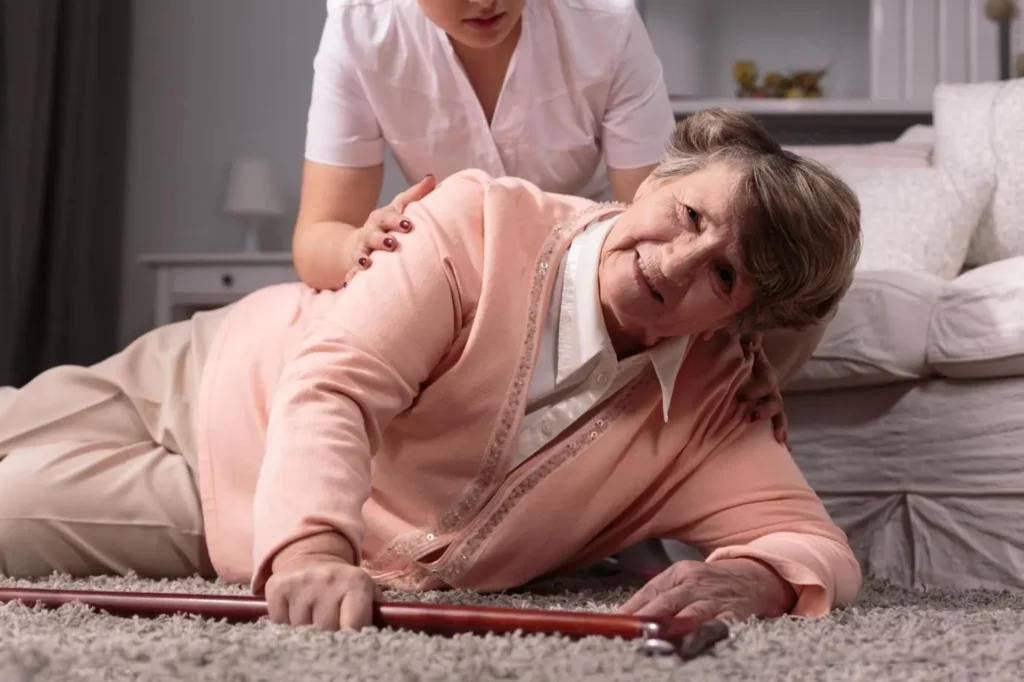Are you worried about finding the right care for an aging loved one?
As our family members grow older, their needs change, and finding the right support can feel overwhelming. Whether you’re considering in-home help or a nursing facility, understanding elder care options is crucial.
In this guide, we’ll explore the different types of senior care solutions, how to choose the right one, and tips for keeping your loved one healthy and happy. Let’s make this journey easier together.
Types of Elder Care Services
In-home care allows seniors to stay in their own homes while receiving help with tasks like bathing, dressing, and housekeeping. Professional caregivers visit the home regularly to offer assistance and monitor health. This option works well for those who prefer the comfort of their familiar surroundings.
Assisted living facilities provide a balance between independence and assistance. Residents have their own living space but receive help with personal care when needed. Nursing homes, on the other hand, offer a higher level of care for people with more complex medical needs or serious illnesses.
Signs Your Loved One Needs Care
There are clear signs that an elderly person may need help. If they struggle with daily activities, like cooking or dressing, it may be time to consider assistance. Other signs include frequent falls, memory problems, or difficulty managing medications.
If a senior starts withdrawing from social activities, this could signal a need for extra care. Changes in mood or behavior, such as increased sadness or anxiety, are also important to note. It’s essential to recognize these signs early to ensure timely help and support.
Choosing the Right Care Option
Choosing the right care option depends on the individual’s health and personal preferences. It’s important to assess the level of medical care they require and how much independence they wish to maintain. Financial factors should also be considered when selecting a care option.
If your loved one values their independence but still needs some support, consider Aurora’s independent senior living lifestyle. This option allows seniors to live on their own while receiving the assistance they need in a community setting. Understanding their wishes will help you make the best choice.
Home Modifications for Safety
Changing the home setting is an important part of helping an elderly loved one. Putting up grab bars in bathrooms and along the edges of stairs can help people stay safe and avoid falls. It will be easier to get around the house safely if the paths are clear of clutter and well-lit.
Putting night lights in bathrooms and halls can also help keep people safe at night. Another easy and useful change is to get rid of any loose rugs or furniture that could cause someone to trip. These small changes can make a big difference in how safe your loved one is at home.
Empowering Families With Knowledge for Better Elder Care
Elder care is an important responsibility that requires careful planning and attention. It involves addressing both physical and emotional needs to ensure that seniors live with dignity and comfort. As loved ones age, it’s essential to provide the right support based on their individual needs and preferences.
By understanding their requirements and being proactive, you can make the services for seniors smoother. Taking action early helps ensure a better quality of life for your elderly family members.
We hope you enjoyed reading this article. If you found it helpful, be sure to check out our blog for more informative resources.
